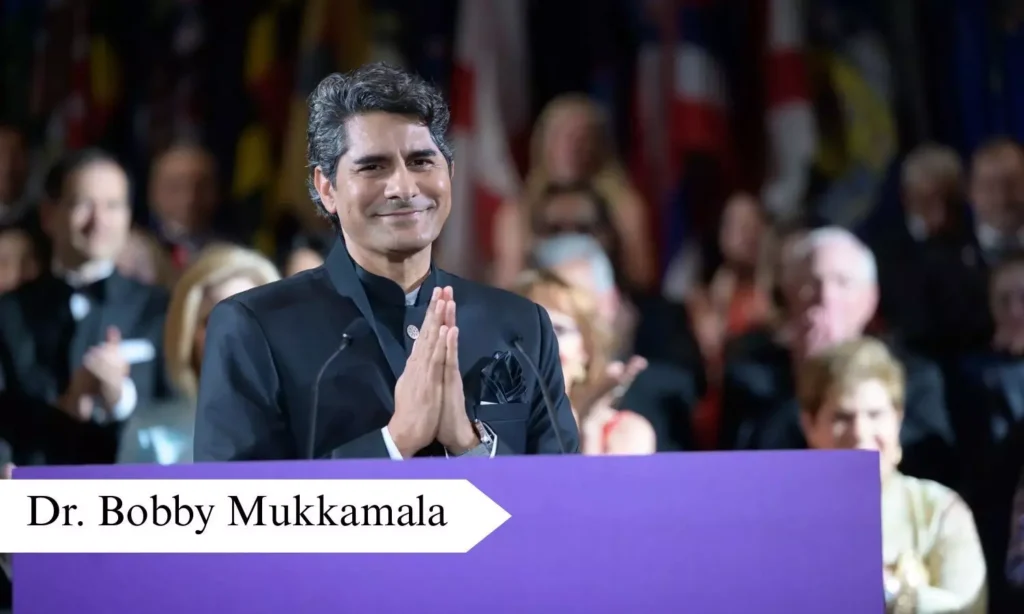Dr. Bobby Mukkamala, an otolaryngologist from Michigan, was officially sworn in this week as president of the American Medical Association (AMA), marking a significant milestone for Indian-origin physicians in the United States. His appointment as the 180th president is being hailed as a watershed moment, both for the AMA and the growing representation of South Asians in American medicine.
Dr. Mukkamala’s elevation is more than just symbolic. It comes at a time when the American healthcare system is grappling with complex challenges—from physician burnout and healthcare access gaps to debates over nutrition education in medical training.
A Historic Appointment Rooted in Service
Born to Indian immigrant parents, Dr. Mukkamala’s personal and professional journey reflects both resilience and advocacy. A practicing ENT surgeon for over two decades, he served in several leadership roles within the AMA before ascending to the top post. His presidency arrives at a time when the association is pushing for meaningful reforms in public health, physician wellness, and equitable care delivery.
“My story is one of gratitude,” Dr. Mukkamala said in his acceptance speech, crediting his parents for instilling in him the values of service and perseverance. “It is a privilege to now serve an organization that amplifies the voice of physicians and prioritizes the health of our nation.”
Surviving a Tumor, Championing Health Equity
Only months before assuming office, Dr. Mukkamala faced a personal health crisis: he underwent brain surgery to remove a tumor from his temporal lobe. More than 90% of the tumor was successfully extracted. That experience, he says, deepened his empathy and sharpened his focus on health system deficiencies.
“Being a patient reminded me how important timely access, quality of care, and compassionate communication are,” he said.
He now plans to use that insight to push the AMA toward greater advocacy for preventive healthcare, increased focus on nutrition and lifestyle in clinical training, and structural changes to reduce burnout and administrative overload among physicians.
Vision for a Healthier, More Equitable America
Under Dr. Mukkamala’s leadership, the AMA is expected to double down on its commitments to health equity, fair physician reimbursement, and reducing barriers to healthcare. Among the key issues on his agenda:
- Expanding Medicaid and insurance coverage
- Reducing bureaucratic burdens on physicians
- Educating the public and healthcare providers on the dangers of ultra-processed foods
- Supporting medical students and residents with a focus on mental health
His presidency also coincides with the AMA’s adoption of new policy frameworks that aim to embed nutrition science and food literacy into mainstream medical curricula—an issue Dr. Mukkamala has long championed.
Representation, Legacy, and the Road Ahead
For the Indian-American medical community, Dr. Mukkamala’s rise to the AMA presidency is a powerful reminder of the community’s growing influence in U.S. healthcare. Organizations like AAPI (American Association of Physicians of Indian Origin) have lauded the development as long overdue.
“This isn’t just a personal achievement,” noted a colleague. “It’s a moment of pride and progress for all immigrant physicians.”
As Dr. Mukkamala begins his tenure, the AMA faces a critical juncture—where science, policy, and the physician’s role in society intersect more deeply than ever. And with a physician-president who has walked the path of both healer and patient, the organization may find in him a unifying voice for change.


